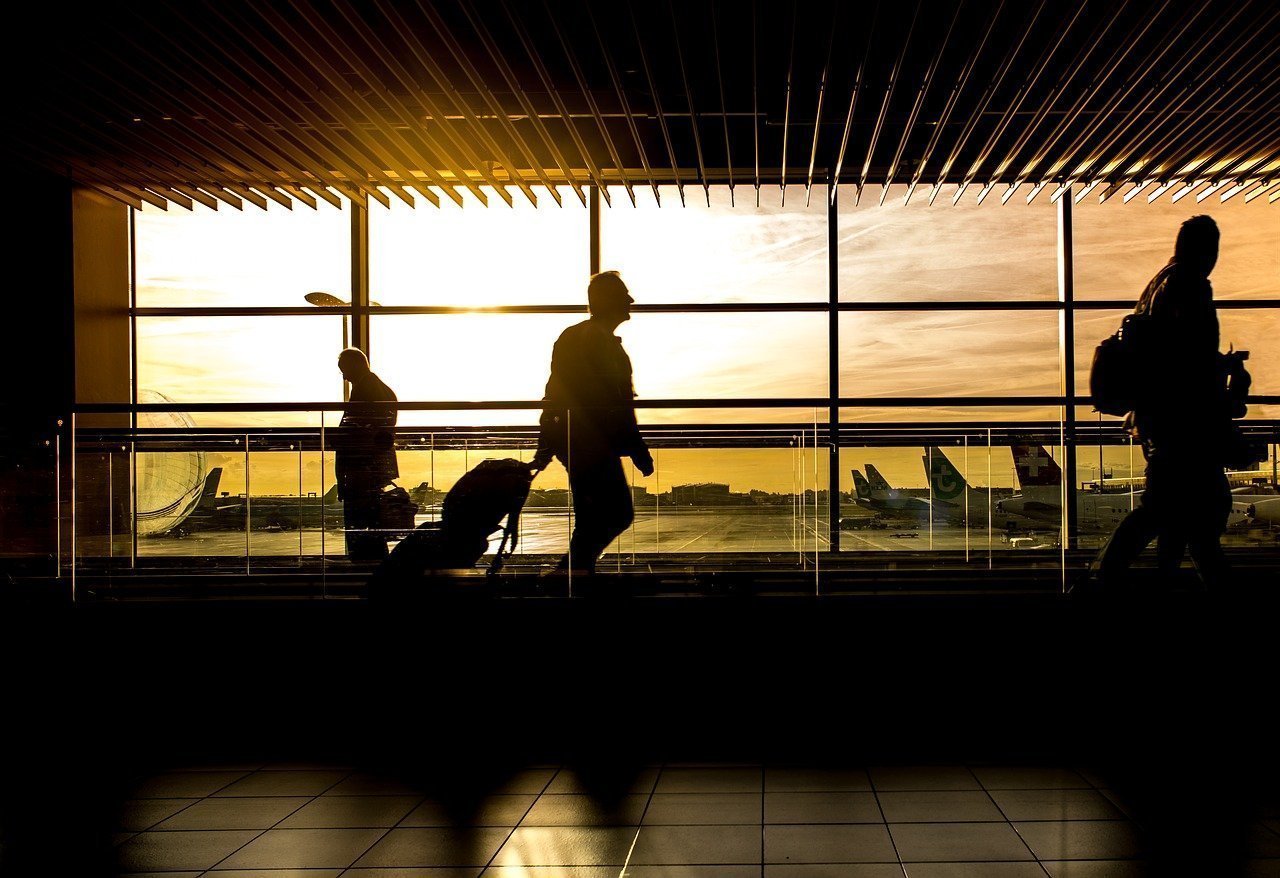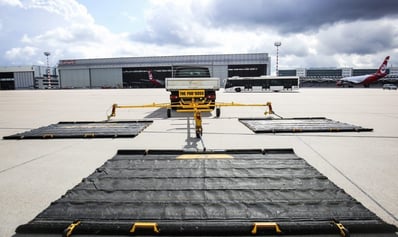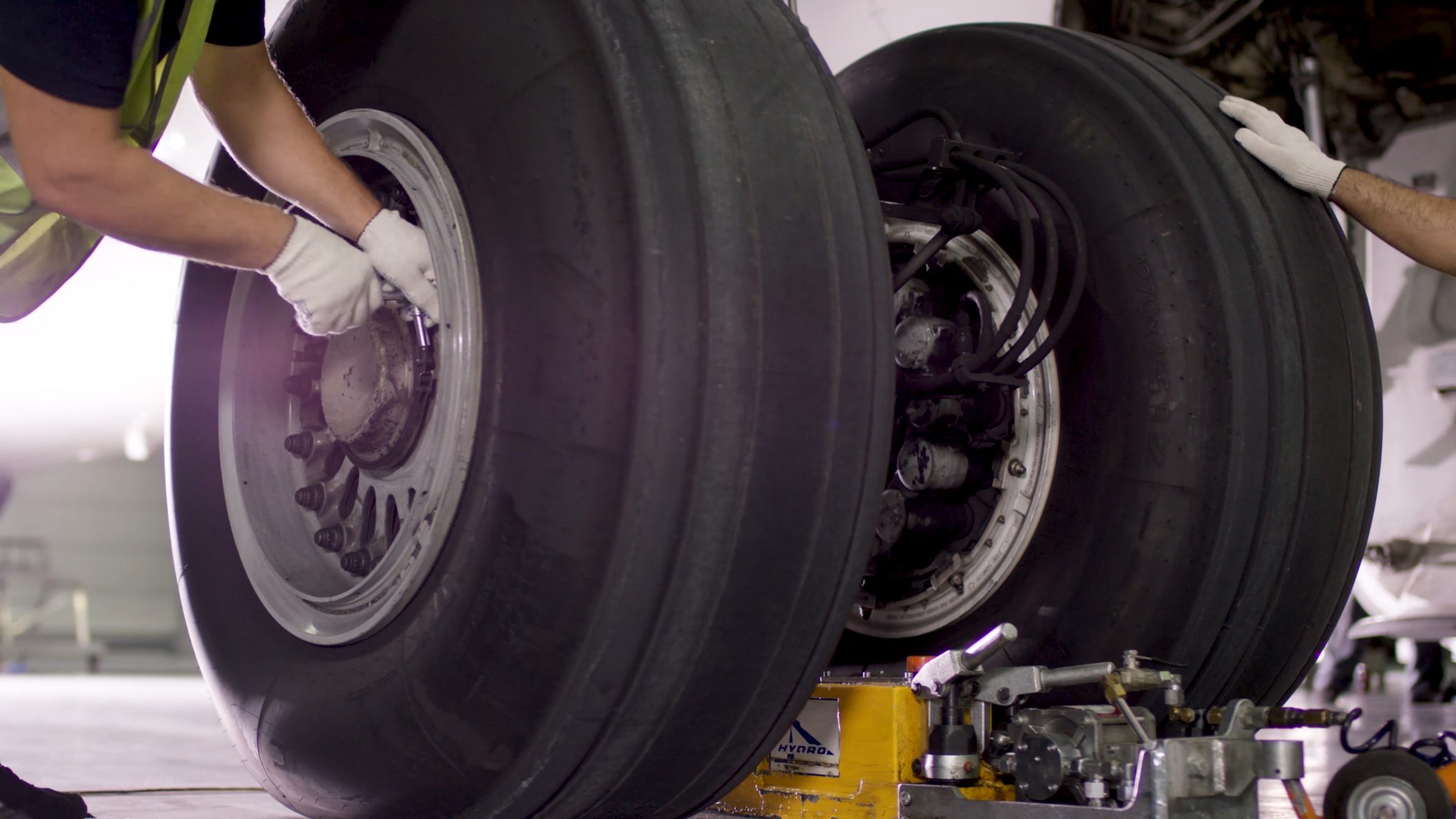The Impact of COVID-19 on the Race Tracks
The world of racing is enduring its share of the COVID-19 impact, especially as some of the year’s most highly anticipated races are being postponed...

The onset of the coronavirus forced the aviation industry to rethink the way it was doing business. The result has not only a slew of changes being made but also many strategies being developed in the industry to leverage these changes for a secure future. Join us as we detail some aviation trends for 2020.
The aviation industry has not been untouched by the ubiquity of technology. On the contrary, robotic technology has already been implemented by several airports—think moving walkways and kiosks that provide tickets automatically. However, it’s expected that this technology will expand to other areas as well.
The ability of robots to be programmed can mean many advantages for passengers and airports alike. Passengers can obtain needed information, such as directions and assistance with flight documents, from automated information kiosks.
Biometrics is another technology making aviation industry news that may offer its own set of advantages, allowing a wider range of safety checks to be made before passenger boarding and eliminating the need for paper documents while traveling.
Many airports have gone green in recent years, but with the knowledge that there’s still work to be done. To that end, many airports are adjusting their air traffic control procedures to ensure quicker landings and less wasted fuel. For planes that can use it, sustainable fuels are also reducing pollution.
With physical distancing and disinfection becoming top priorities to stop the virus’s spread, airports are taking measures to safely screen passengers and ensure the cleanliness of their facilities.
A system now exists whereby passengers can be screened electronically, as opposed to having to be subjected to the traditional pat-down. Not only does the system allow hundreds of passengers to be screened every hour, but it offers a bonus of shorter check-in times.
Although the onset of the virus initially resulted in jobs lost, it’s now expected that employment in the global aviation industry will rebound with increased demand in the next two years. It’s also estimated that aviation job growth will be steady, affecting cabin crew, customer service, and ground operation roles.

Improved communications in aircraft cockpits represent another trend toward enhancing aviation industry standards. Increased connectivity in aircraft cockpits is allowing ground crews to communicate with pilots and know what decisions are being made. This enhances the decision-making ability of both pilots and the crews they work with.
Technology is affecting every area of the aviation industry, including the way foreign object debris is managed. Technology is what makes the patented FOD*BOSS airfield sweeper system so fast and efficient. Our sweeper collects all manner of FOD, including bolts, gravel washers, and more, with unparalleled power and speed.
The FOD*BOSS has been tested by the U.S. military and is NATO-listed. Contact us to learn more about the benefits of our sweeper system to your operations.

The world of racing is enduring its share of the COVID-19 impact, especially as some of the year’s most highly anticipated races are being postponed...

Since its spread and resulting pandemic status, coronavirus has left no industry untouched, including the sporting industry. The cancellation of...

According to National Aerospace FOD Prevention, Inc. (NAFPI), the aerospace industry experiences around $4 billion globally every year in FOD...